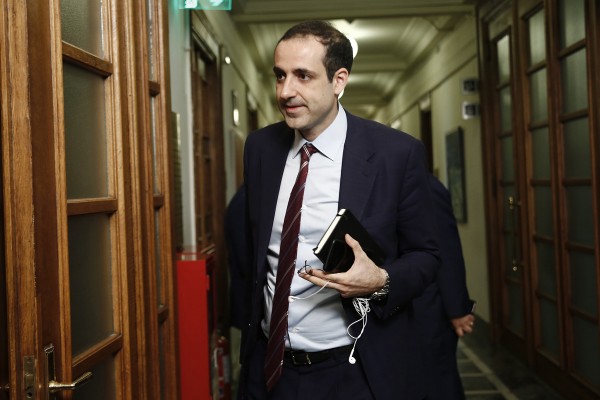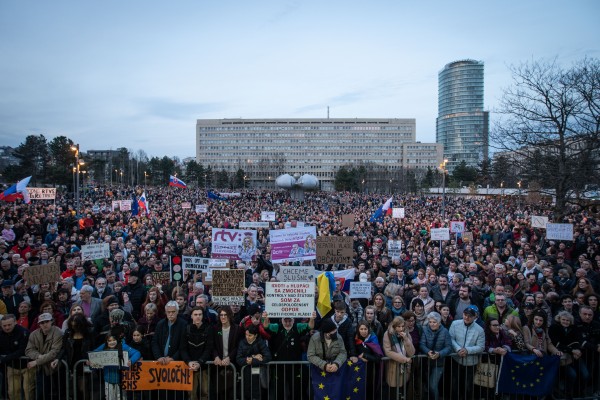Dr. Janez Drnovsek
Prime Minister
Gregorciecva 20
61000 Ljubljana
Republic of Slovenia
Vienna, 10 September 1999
Dear Prime Minister,
The International Press Institute, (IPI), a global network of editors, leading journalists and media executives from print and broadcasting media in presently 108 nations, is deeply concerned about the tendencies in the draft of a new media law in Slovenia. Under the pretext of harmonisation with EU regulations, the draft is encompassing a comprehensive view of the print media, electronic media and new media, thus unnecessarily creating new and additional problems.
The presently existing lex specialis with regard to public broadcasting, for example, has guaranteed a great amount of independence as well as economic viability; the institution enjoys great respect within the international community of public broadcasters. IPI believes that the presently proposed regulations and stipulations must be seen as a threat to the above mentioned elements of public service broadcasting in your country.
The financial difficulties of “RTV Slovenia” (licensing fee) could certainly be solved by amending legal technicalities to the existing law. The parliamentary procedure for that would be short, which certainly is not the case with the proposed new law.
For the print media, too, the draft law represents a setback compared to current law, since it regulates more and stricter on various matters instead of promoting deregulation.
Some independent observers even speak of the danger of curtailing the existing legislative and administrative independence. Mandatory publication of replies (article 40), for example, will certainly be used by an economic and political elite rather than by ordinary citizens.
We therefore urge you to encourage the proponents of this new law to give sufficient time and choice to negotiate the details with the professional representatives of print and broadcasting media organisations. This procedure should not be burdened by time pressure, since a negative outcome of the negotiations would hurt Slovenia’s reputation as a modern and advanced democracy, in which the media have the guarantee to operate freely, independently and under viable economic and administrative conditions.
If needed, international organisations like ours would certainly be prepared to contribute with comments, explanations and exchange of experience from other countries, although we know that the language problem as well as the full understanding of the local situation is a problem for such general advice from “outsiders.”
Dear Prime Minister, I assume that you are fully aware of the importance of the above mentioned issue and therefore hope that you will use your political influence to promote negotiations in a style of partnership with the representatives of your media organisations.
Yours sincerely,
Johann P. Fritz
Director
CC: Dr. Janez Drnovsek
Prime Minister
Gregorciecva 20
61000 Ljubljana
Republic of Slovenia
Mrs. Alja Brglez Uranjek
Director
Government Public Relations and Media Office
Slovenska 29
1000 Ljubljana
Republic of Slovenia


